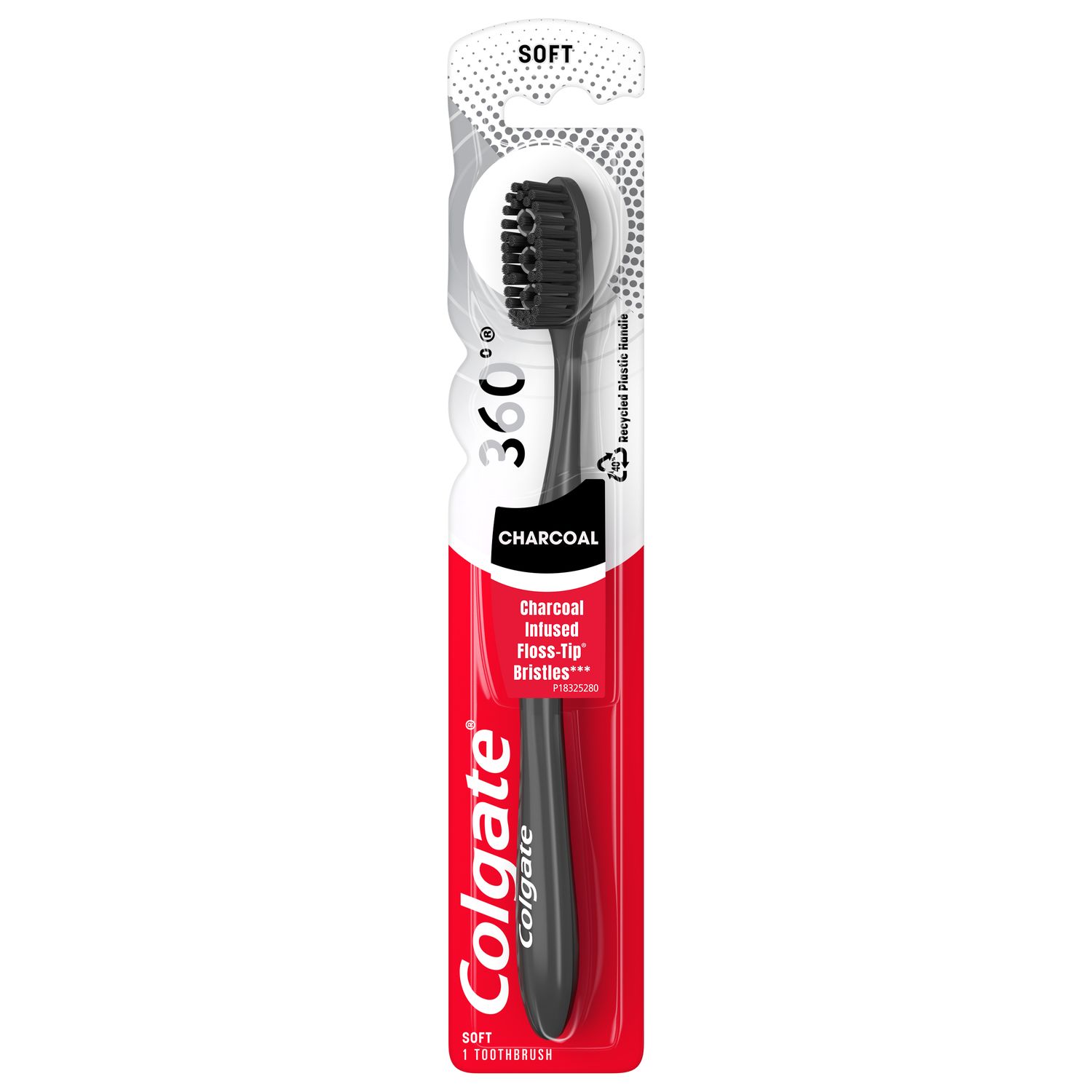-
-

FLUORIDE
What Is Stannous Fluoride Toothpaste?Discover what is Stannous Fluoride Toothpaste and its importance to prevent cavities and other oral health problems.

TEETH WHITENING
Whitening toothpaste - hydrogen peroxide vs. carbamide peroxideIf you lose one or more of your front teeth due to injury or decay, you may feel ...
-
Science & InnovationOral Health Commitment
- Oral Health Commitment
- Bright Smiles, Bright Futures
- Educational Resources
- Mobile Dental Van
- Volunteer
- ORAL HEALTH CHECK
- PRODUCT MATCH
- Oral Health and Dental Care | Colgate®
- Oral Health
- Probiotics For Oral Health


Want a new way to control tartar and plaque? Eat some yogurt or perhaps some sauerkraut. That may sound crazy, but it's not. Yogurt, sauerkraut, and other foods you may already be eating contain probiotics – good bacteria with many benefits, including improving oral health.
What Are Probiotics?
Probiotics are made up of bacteria and yeasts. People often think of all bacteria as harmful, but that's not the case. Probiotics consist of live beneficial bacteria and yeasts in your body. The "good bacteria" fight off your "bad bacteria." Though probiotics are recognized for helping people with digestive issues, the health benefits extend far beyond your stomach, including the skin, lungs, urinary tract, and mouth. Probiotics can be found in both foods and supplements.
How Do Probiotics Affect Oral Health?
Research is ongoing to determine if probiotics can improve oral health, too. Many consider them an effective and natural way of fighting gum disease, plaque, bad breath, and maybe even cancer. For example, one study showed probiotics might reduce infection-producing microbes, also called pathogens (bacteria that can cause disease). Adding more probiotic-rich foods into your diet may stop, slow, or delay the infection process that leads to oral disease.
What Foods Have Probiotics?
Boost healthy bacteria in your body with foods that contain beneficial microbes. These probiotic foods include dairy sources such as yogurt, kefir, cultured cottage cheese, and buttermilk and non-dairy sources like fermented vegetables (sauerkraut) and a fermented tea called kombucha. Even better, you can add in some prebiotics – plant fiber that acts like fertilizer to the probiotics. Prebiotic foods include raw Jerusalem artichokes, raw hickory root, raw oats, unrefined barley, and unrefined wheat.
You may be eating probiotics now and not even know it. To find out, check the food label for "live and active cultures." Get on board with this natural way to take care of your teeth by eating foods rich in probiotics.
This article is intended to promote understanding of and knowledge about general oral health topics. It is not intended to be a substitute for professional advice, diagnosis or treatment. Always seek the advice of your dentist or other qualified healthcare provider with any questions you may have regarding a medical condition or treatment.
Related Articles

Plaque and tartar
Plaque On Teeth – Causes And TreatmentWhen left alone, plaque on teeth turns to tartar and can increase your risk for cavities or gum disease. And as scary as it sounds, it happens to everyone.

Plaque and tartar
The Impact of Streptococci on Oral HealthDiscover how bacteria like streptococci can contribute to plaque development and sometimes lead to bacterial infections affecting your well-being.

Plaque and tartar
What Is Tartar?Do you think you might have tartar? But first, what is tartar? Learn more about how to prevent, and how to remove tartar at Colgate® Oral Care.

Plaque and tartar
Are Probiotics Good For Oral Health?Probiotics for oral health are an effective, natural and economic means of fighting gum disease, plaque and bad breath. Here's how these microbes help you.
Related Products

Colgate 360 Floss Tip Replaceable Head Toothbrush Starter Kit, 2 Brush Heads and Metal Handle

The Colgate 360 Floss Tip Sonic Refill Pack comes with two replaceable brush heads. The compact brush head includes Floss Tip† bristles and polishing cups to remove surface stains, and a cheek & tongue cleaner that removes odor-causing bacteria. †does not replace flossing

Colgate® 360® charcoal-infused bristles cleans 2x deeper along the gum line than flat trim toothbrushes.

The Colgate 360 Vibrate Gum Health Toothbrush combines the power of a battery toothbrush with the familiarity of a manual toothbrush head for a refreshing teeth cleaning experience. This full mouth vibrating toothbrush uses soft Floss Tip bristles* to clean between teeth.
The adult toothbrush is perfect for travel because it’s battery powered, so it can be used wherever you go (1 AAA battery included).

Helping dental professionals
More professionals across the world trust Colgate. Find resources, products, and information to give your patients a healthier future




